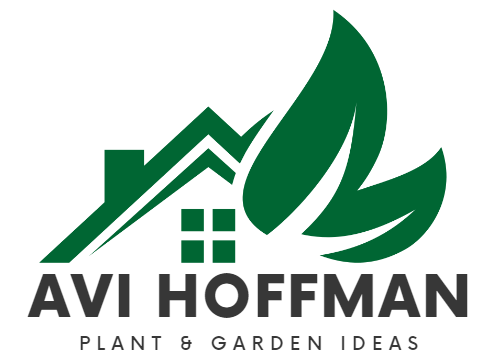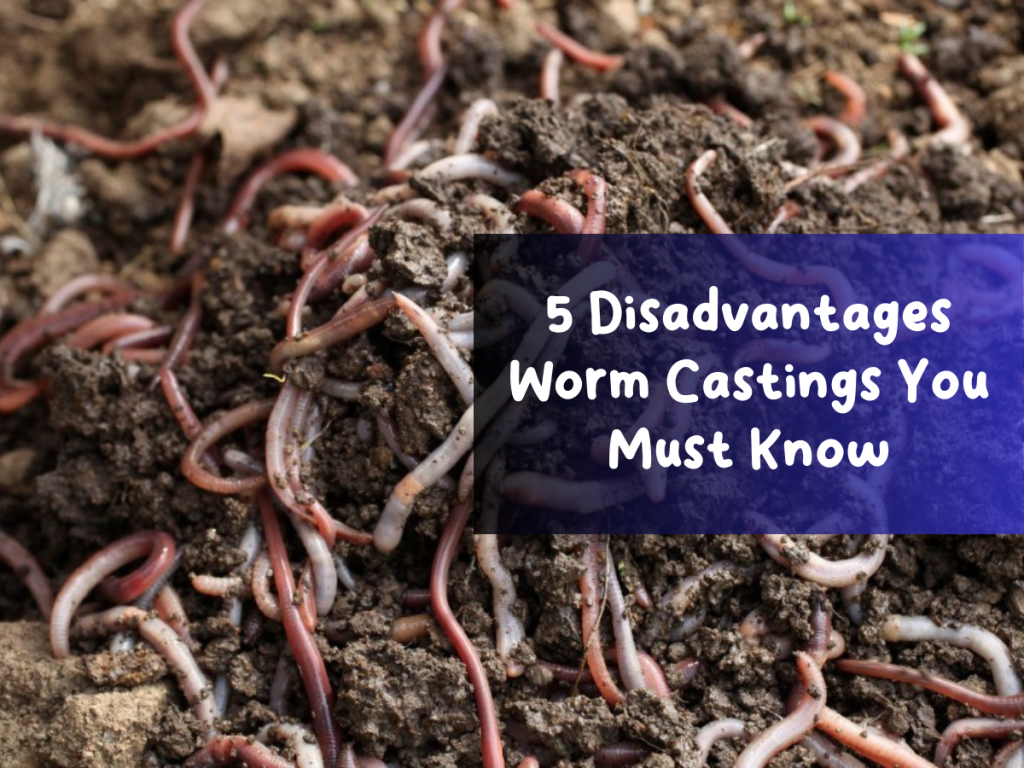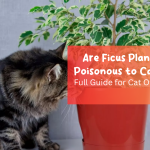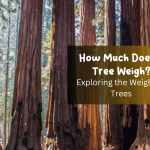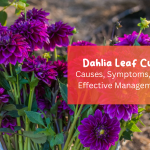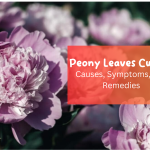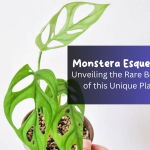Worm castings are highly regarded as one of the best natural fertilizers available, gaining popularity among gardeners. These organic fertilizers are rich in nutrients that plants need, and their gradual release ensures continuous nourishment. However, knowing the disadvantages of worm castings before incorporating them into your gardening routine is essential.
Disadvantages Worm Castings
Time-Consuming Production:
One significant drawback of worm castings is their production time. This aspect might not suit individuals seeking immediate results, such as business owners. Creating sufficient amounts of worm castings can take at least three months. Some vermicomposters may have to wait up to six months before obtaining a substantial yield of castings. Patience is required as worms decompose organic matter to generate nutrient-rich castings. Occasionally, additional effort is necessary to separate uneaten food particles from the pure castings.
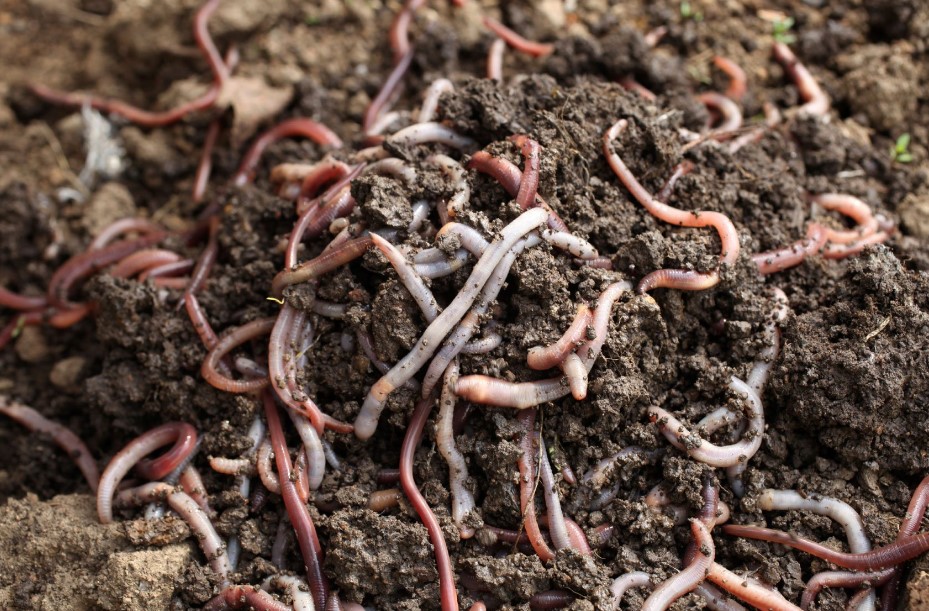
Slow Reproduction:
Worms reproduce at a limited rate and produce only a tiny quantity of castings daily due to their size. Accumulating enough worm castings to impact your crop noticeably can take several months. However, you can boost your seedlings by incorporating worm castings into their early growth stages. A recommended approach is to mix worm castings with your seed-raising mixture at a ratio of 1:3. Alternatively, you can place a handful of worm castings directly into the planting hole for your seedlings or transplants, ensuring maximum benefits for their root systems.
Expensive Maintenance:
Maintaining a worm farm and ensuring proper worm casting production can be labor-intensive and costly. Worms require careful attention to their surroundings, as they are sensitive creatures vulnerable to high temperatures and low moisture levels. Predators like centipedes, rats, and frogs can also threaten earthworms. Maintaining a healthy worm farm involves maintaining a temperature range of 55 to 95 degrees Fahrenheit and ensuring moisture levels around 80% without standing water. Regular feeding is crucial to providing the necessary materials for the worms.
Not a Complete Fertilizer Replacement:
While worm castings serve as an excellent general fertilizer for most plants, they only fulfill some fertilization requirements in a garden. The concentration levels of essential nutrients such as nitrogen, phosphorus, and potassium (NPK) may not be high enough for specific plants. Additionally, the NPK ratios in worm castings depend on the worms’ diet, influencing the quality of the final product. It is vital to understand the specific nutrient needs of your plants and supplement worm castings with other fertilizers or soil amendments if necessary.
Unpleasant Odor:
Although vermicomposting is entirely organic, it can emit unpleasant odors. However, these odors should not be overpowering. Foul smells may indicate excess moisture, rotting contents, inadequate air circulation, the use of improper food, or an acidic pH level in the compost bin. To avoid unpleasant odors, it is essential to maintain proper moisture and food levels, ensure sufficient air circulation, and maintain an optimal pH balance in the compost bin.
In conclusion, despite the drawbacks of using worm castings as an organic fertilizer, it is crucial to weigh them against their numerous benefits. While the production process may be time-consuming and labor-intensive, the environmentally friendly nature of worm castings, their slow release of nutrients, and their safety around children and pets make them a popular choice for many organic gardeners. By understanding these disadvantages, you can make informed decisions and maximize the potential of worm castings in your garden. Thank you for reading, and be sure to explore our other articles on yard landscaping and planting. Read article about Money Tree Root Rot Issue: Reasons, Solutions, And Treatments and How Big Do Money Trees Get? What To Do To Decide On The Size in Avi Hoffman Garden.
